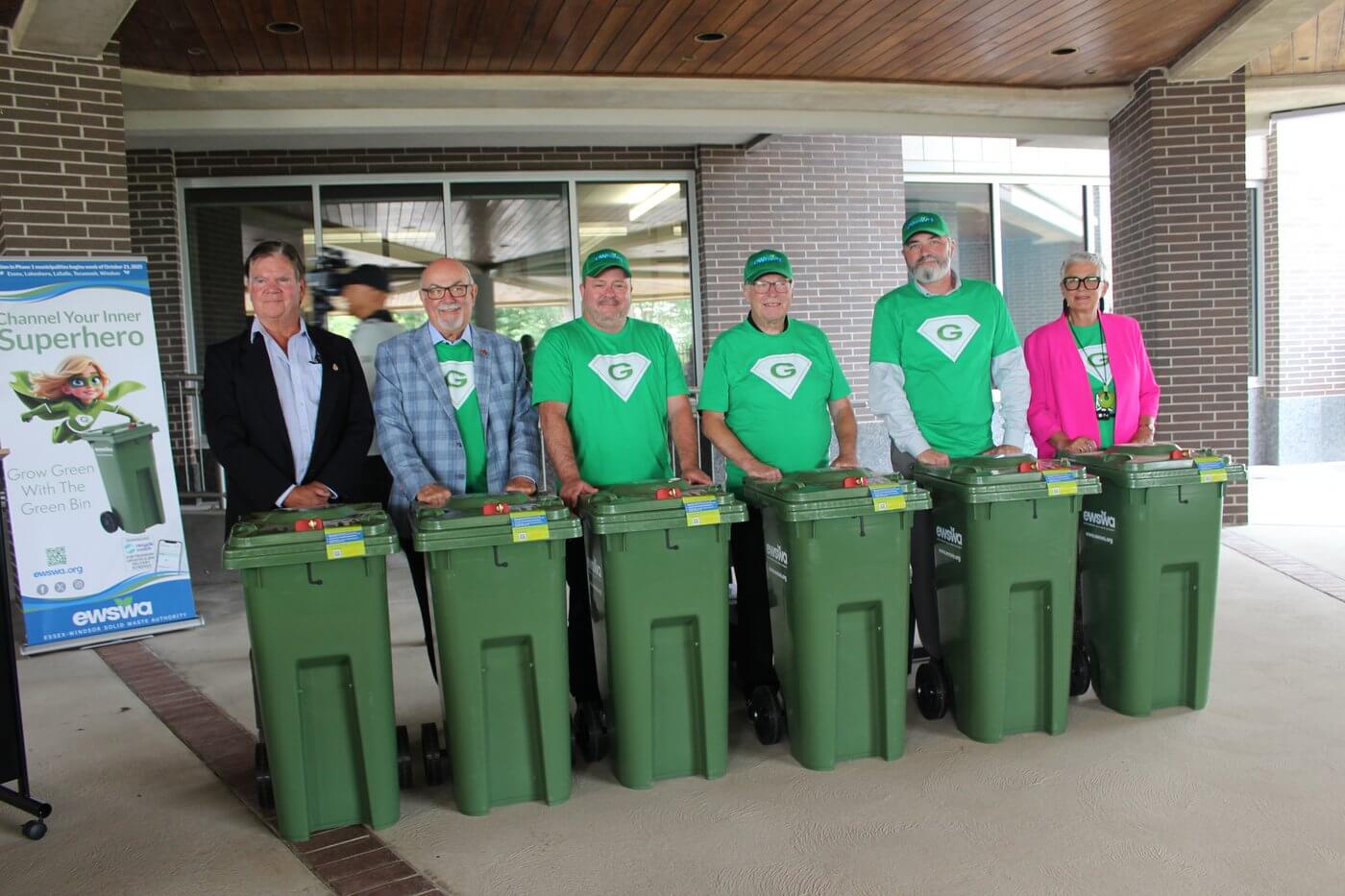By Sylene Argent, Local Journalism Initiative Reporter, Essex Free Press
Essex County Council received a report outlining the departmental activities and performance – active and completed approvals – of the Planning Services Division over the past year for information.
It also provided some comparisons to activity over the past five-years, in addition to comments on the Planning Division actions toward achieving goals outlined in the County’s Strategic Plan and initiatives detailed in the Official Plan adopted in 2024, Rebecca Belanger, Manager of Planning, explained to County Council at the July 16 meeting.
The Planning Services Division – consisting of a manager, two senior planners, and a summer student – for the County of Essex facilitates the approval of planning applications on behalf of the province in conformity of all sections of the Planning Act, as well as other provincial and federal legislation.
“The Planning Services Administration continue to focus efforts on streamlining the development approvals process and to improve service delivery,” Belanger said.
On a few different occasions over the past couple of years, the staff members of this County department have received correspondence from the Windsor-Essex Home Builders’ Association, providing recommendations from their perspective on how the County could improve the experience in the developmental approvals process, Belanger explained.
“I’m in regular communication with the Home Builders Association representatives, working on these continuous improvements to remove red tape and continue making these improvements,” she said.
One of the improvements currently underway include the implementation of the Cloudpermit Planning module, which the County is in the process of building presently. This will provide a web-based platform for processing the subdivision and condominium applications County-wide.
“This web-based platform will allow developers, agencies, local municipalities, and the County to share application updates on a live basis,” Belanger said, noting this will ensure all users have the same information at the same time.
The implementation of Cloudpermit accomplishes one of the County’s Strategic Plan objectives, which encourages more regional collaboration through harmonizing planning approvals.
Kingsville Mayor Dennis Rogers was pleased to hear of this collaboration, noting what is heard at the local level is how much back-and-forth there is on Plans of Subdivision and Condominium.
The County’s Planning Services Division has noticed an increase in the number of applications that are processed.
In 2019, Belanger recalled reporting to County Council there were 30 development applications in process at that time, particularly relating to subdivisions.
Presently, this department has over 150 planning applications in process, Belanger added.
“In the last two-years, there has been a notable increase in the number of condominium applications submitted for approval. Many involve the redevelopment of lands within the urban centers in the County, which utilize existing municipal services and support healthy, sustainable communities.”
The processing of subdivision applications in particular involves a significant time-allocation of planning application and reviewing support studies – such as functional servicing, stormwater management, traffic and environmental impact assessments – in collaboration with agencies and local municipalities.
“The complexity in processing each application is unique, based on a series of circumstances,” she explained.
County Planning provides four-broad service areas: long-range planning, processing and approving planning applications, managing special projects, and responding to public and agency inquiries.
In terms of special projects, the Planning Department is currently working on the preparation of a large-scale Community Improvement Plan (CIP) program guideline, which should be presented to County Council later this summer. Staff is also working on including a new natural heritage compensation guideline in the County Environmental Impact Assessment, planned to be tabled this summer or early fall.
In addition, the Request for Proposal to retain a consultant to prepare the Specialty Crops Study is planned for procurement in the coming months, with the project ongoing this fall and winter.
Planning staff, Belanger added, is also heavily involved in the development of the Coastal Resilience Plan for the south-shore communities of the County. The outcome of this work is intended to be transferable to the other remaining communities in the County. Work will continue over the coming years, she added.


